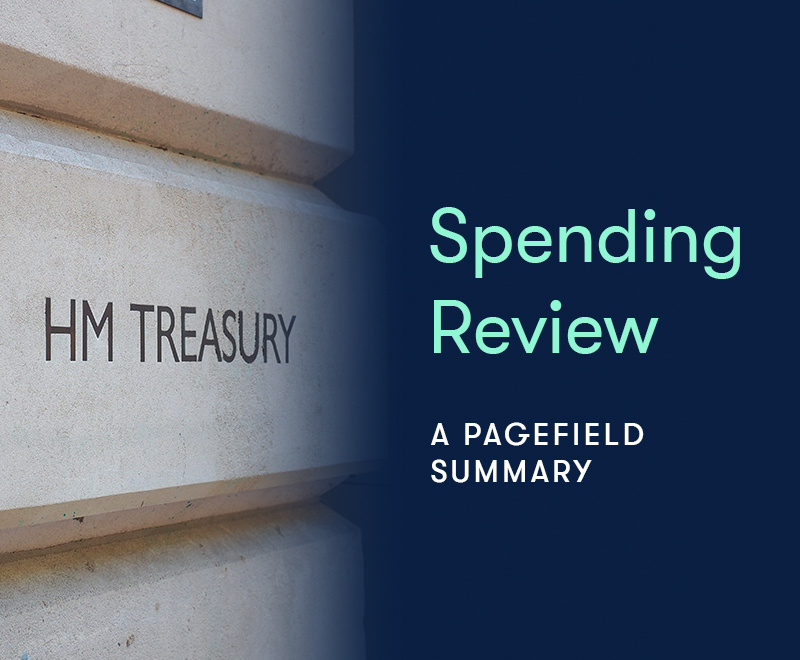Marie Lorimer looks at the relationship between politicians and football and questions whether the risks of looking foolish are worth the rewards of looking like a ‘one of the people’.
In case you hadn’t heard, Andy Burnham likes football. Indeed, he is such a fan of his beloved Everton that he recently vowed to keep his season ticket at Goodison Park and to continue to take his place on the terraces every Saturday even if he were to be made Prime Minister – a serious commitment to the beautiful game. Claiming to support a football team is, of course, a powerful approach to demonstrate that a politician is truly in touch with ordinary people and supporting Everton has been one of the centrepieces of Andy Burnham’s leadership campaign – a desperate attempt to prove that he is not part of the ‘Westminster bubble’ . Ultimately, however, the laboured efforts of some to connect themselves with the game have often resulted in failure and a brutal chastisement from the public. The chair of Arts Council England recently accused “pathetic” politicians claiming to be football fans as part of a popularity-seeking “faux man- or woman-of-the-people act”. This ultimately poses the question, for all the showboating, can football be used as a political tool?
Tony Blair was arguably the pioneer of utilising football for political leverage. His knockabout with Kevin Keegan at the 1995 Labour Party conference was a moment of poetic symbolism of his ability to resurrect a populist agenda within the Labour party.
The image was a snapshot of Blair on his campaign trail – energetic, vibrant, in touch with the electorate, and a stark contrast with the jaded Conservative government led by John Major at the time. Although, we shouldn’t forget that even Blair had difficulties in expressing his love for football – claiming to have seen Jackie Milburn play for Newcastle from a seat in Gallowgate End, even though the Magpies legend had retired when Blair was just 4 years old and that stand had no seats at the time (something Blair later refuted)
Politicians have attempted to replicate Blair’s sporting prowess since that fabled conference, with some highly amusing results. In a 2006 during charity match in Germany, Boris Johnson was described by The Telegraph as “demented combine harvester” after rugby tackling Maurizio Gaudinoan on the pitch.
And who could forget the punishment Ed Balls delivered to a journalist at a friendly match at the 2014 Labour Party Conference? The encounter left a Northern Echo hack battered, bloodied and bruised when Balls hit him with a flailing arm during a tackle – but left Balls’ reputation arguably much enhanced.
However, even for those who possess rare talents in the game, it is clear that when it comes to politics and football, knowledge is power. Once football entered the political mainstream, there came the obvious pitfall of having to substantiate support with some tangible knowledge of your team. David Cameron made a fantastic faux pas earlier this year, when he confused his own Aston Villa with a fellow claret and blue donning team: “You can support Man Utd, the Windies and Team GB all at the same time. Of course, I’d rather you supported West Ham” … and so shattered the illusion (albeit a questionable one at best) that the Prime Minister is a football fan. It was a gaffe for which the PM was justifiably shamed from members of both the political and football community.
David Cameron has forgotten which Football Club he supports. Aston Villa last week, West Ham this. Burnley next? https://t.co/V2pUAprDME
— Gary Lineker (@GaryLineker) April 25, 2015
Unfortunately, for some politicians even knowledge can be detrimental when it comes to football. This is true of Gordon Brown, arguably the only Prime Minister in a generation with a genuine love of the sport. In contrast to the glitz and glamour of the Premier League teams many other politicians have claimed to support, Brown was and remains an avid fan of Raith Rovers (a Scottish Championship side hailing from his hometown of Kirkaldy). Early in his tenure as leader, he bade the football press to Number 10 and all attendees were impressed with his encyclopaedic knowledge (Damian McBride gave a memorable account of how Brown, when Chancellor, once signed defender Marvin Andrews for Rovers in a pub car park). However, writing in the Telegraph back in 2010, Jim White speculated on Brown’s inability to convert this passion into congeniality commenting: “In an election when he is struggling to present a human face, yet more evidence of nerdery is the last thing he needs.”
In the face of triumphs and gaffes, how much do the public actually care? Despite his football blunder so close to the 2015 general election; the Conservatives under Cameron increased their share of the popular vote. On the flip-side, irrespective of their football know-how, Ed Balls and Jim Murphy both lost their seats in parliament. Has football spent its political capital? Andy Burnham disagrees.
His latest campaign video features his speeches at Anfield on the 20th and 25th anniversary of the Hillsborough disaster; recent interviews with the Huffington Post and The Mirror highlight his connection with football and family, describing this synergy as an “antidote” to the “Westminster bubble”. He frequently connects football with politics. On rebelling within the party he says “Have it out in the dressing room at half time when no one else is listening, but when you’re on the pitch you have an obligation to be a unit you do not then openly rebel… You don’t do a Neville Southall”.
Burnham has however received some criticism in the press from his affiliation with the former New Labour football team ‘Demon Eyes’, comprised of past Cabinet ministers, BBC executives, think-tankers and public affairs specialists – hardly an example of his absence from the Westminster bubble. Former teammate and Times columnist Phil Collins went further, helpfully suggesting the former striker’s “plan was to wait by the goal, let the rest of us do all the hard work and then appear from nowhere, stab the ball into the net and take all the glory… It could be a metaphor.” Perhaps not the football association that Burnham was hoping for.
Aside from our most recent Prime Ministers and potential party leaders, there is one current MP that frequently uses his love of football to connect with his constituency. David Lammy, the MP for Tottenham and London Mayoral hopeful, can often be heard in the press lobbying support for his home team: Tottenham Hotspur. The MP memorably went in hard alongside other community officials to keep the club in his constituency, whose new stadium will be a key driver for growth when it opens by 2019. Vocal in his support for Spurs while truly understanding the personal connection his constituents have with the club, Lammy has a winning formula. He currently holds a 55% majority. Further to that, the current Sports Minister Tracey Crouch has been a fantastic advocate of the game – particularly for women and girls – helped no end by the fact that she is a coach in her spare time and clearly loves the sport.
So mixing politics and football need not be a cautionary tale. If you are a genuine fan, tapping into football as a resource can still be effective with your constituents and it can even lead to a Government job – but it is important not to be guilty of overkill. However, before politicians pledge their allegiance seeking popularity or the appearance of affability, they should consider balancing the hat-trick: knowledge, authenticity and congeniality.




